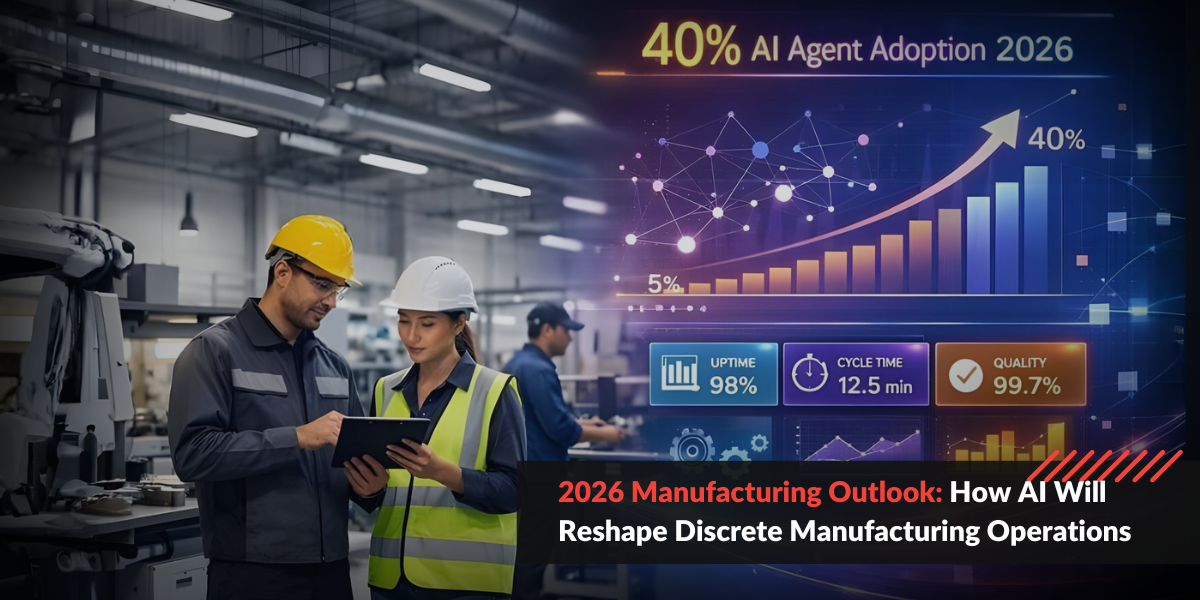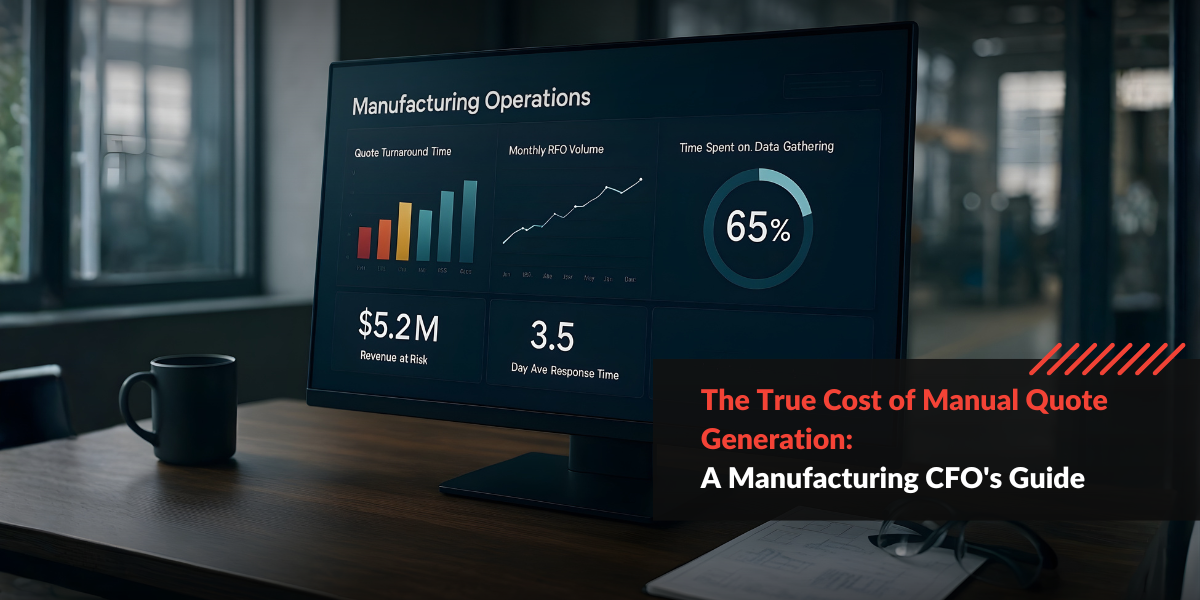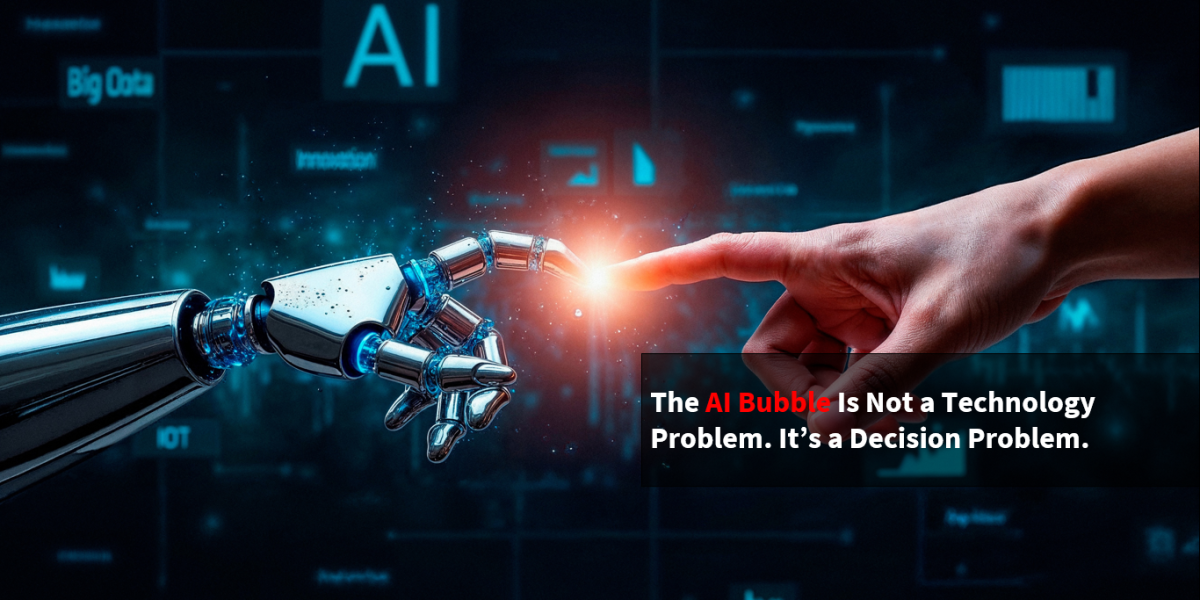While automation is not a novel concept, recent years have seen a tremendous surge in the adoption of intelligent automation across industries. In fact, hyperautomation, the ability to automate processes from end-to-end is revolutionizing modern enterprise operations. Gartner even ranked hyperautomation among The Top 10 Strategic Technology Trends for 2021. This disruptive technology is set to become the new normal for modern enterprises. However, business leaders must also consider the ethics of the impact of this technology, not just the operational improvements.
The Evolution of Automation
Automation entails the replication of human actions to eliminate repetitive tasks has been in demand for several decades. The term “workflow automation” dates all the way back to the 1920s, during the factory lines of the industrial era. In the 1990s, the term became more widespread but was typically used when talking about business process automation. The advent of Robotic Process Automation (RPA) in the early 2000s, changed the way enterprises processed structured data, enabling automated processes with rule-based automation. However, RPA is highly rule-based and as such is limited to automating the processing of structured content.
The current business scenario is that unstructured content accounts for about 85% of the data that enterprises need to process, but RPA is incapable of dealing with such data. This is where Intelligent Process Automation is a game-changer with the amalgamation of RPA with Artificial Intelligence (AI). While the AI component processes unstructured data in heterogeneous formats, RPA mimics human actions and bridges disparate systems and applications, connecting legacy systems. Thus, IPA solutions enable end-to-end automation, aka hyperautomation, of even highly complex workflows in any industry. This is driving a paradigm shift in modern enterprises where intelligent automation will soon become the new normal for more efficient, robust, and scalable operations that support better business outcomes.
An Ethical Approach to Intelligent Automation (IA)
Businesses must consider the ethical side of this disruptive new technology, not just the operational improvements arising from IPA solutions. About 76% of consumers say they would decline to do business with a company if it supported issues that conflicted with their beliefs. Consumers can make or break any business, and as more consumers lean towards ethical enterprises, it is crucial for firms to thoroughly examine the consequences of implementation of IA. Therefore, ethical implementation and governance of IA is vital for enterprises to stay relevant and trustworthy.
Here are some key points to consider.
Re-skilling Employees for the Future
In the coming years, many routine activities that were primarily manual will be taken over by IA. This shift will have a massive impact on the skillsets that will be relevant in the future. Intelligent automation and hyperautomation will liberate employees from data-intensive, repetitive tasks better suited to digital workers with Machine Learning (ML), Deep Learning and Computer Vision capabilities. This will allow human workers to focus on tasks better suited to human intellect and creativity. However, as workplace demands will fundamentally change it will require reskilling and upskilling of employees.
Reskilling of employees will be a huge priority in the future to meet these new requirements. Perhaps organizations should consider initiatives to explore relevant skillsets for the future pertaining to higher-value tasks and point their teams in this direction, so they are equipped for the change.
Explainable AI for Transparency
Ethical concerns revolve around decision-making and bias in the AI component of an IPA solution. Organizations around the world are becoming more aware of these risks as once intelligent automation is implemented, there is probably going to be very little monitoring or investigation of an IPA solution’s decisions. Consider the scenario of an IPA solution that recommends not giving someone a loan. How can anyone verify the solution’s decision-making process?
Explainable AI is going to be crucial when it comes to the ethics of intelligent automation. When training AI and IPA solutions, it is possible for a bias to seep into the solution’s decision-making and if not checked, this bias can increase over time. Therefore, there must be measures in place to discern the rationale behind AI’s decisions in use cases where there is a possibility for bias. Otherwise there could be a severe impact on certain demographics if a bias skews AI’s decision.
Data Usage – Control and Governance
Any growing business will inevitably witness a surge in their data. This means more data for your IPA solution to deal with. A great deal of this data is likely to be sensitive data or business-critical data, and your IPA solution will have access to this data during the training stages and once it is up and running. How can you make sure that available data is used responsibly and safely?
Organizations must have strong governance and control measures in place to control how this data is used and accessed. As of May 2019, 42 countries had adopted the first set of Organization for Economic Co-operation and Development’s (OECD’s) ethical AI principles, with more likely to follow suit.
Google has adopted a code of ethics for AI and Amazon is advocating for a higher degree of governance on the use of facial recognition. So, if you are considering intelligent automation for your organization, you should also be thinking about ethical measures that will be necessitated by this disruptive technology.
Intelligent automation will continue to evolve and our controls and governance for IPA solutions must evolve alongside them. While we urge you to consider strategies for leveraging this disruptive technology, it is essential to consider safeguards and ethical measures to avoid falling into legal and ethical pitfalls along the way. We are on the verge of a bold new era and a holistic perspective is necessary to make sure this disruptive technology is used ethically.
If you are interested in knowing more about Intelligent Automation you can read The New Normal for Enterprises – Intelligent Automation Takes Center Stage. Alternatively, you could also read Why Hyperautomation is Imperative for Modern Enterprises.
If you’re interested in exploring intelligent automation to enhance your business processes, our team at Rapid Acceleration Partners would be glad to help. Our next-gen, AI-powered content intelligence platform RAPFlow enables full lifecycle AI orchestration on a single platform. When used in tandem with our RPA tool RAPBot, it provides end-to-end workflow automation capabilities that can be deployed in just weeks. You can even build your own use case and the platform can easily integrate with your existing systems. Book a demo to get a more detailed understanding of how our products can transform your business.




